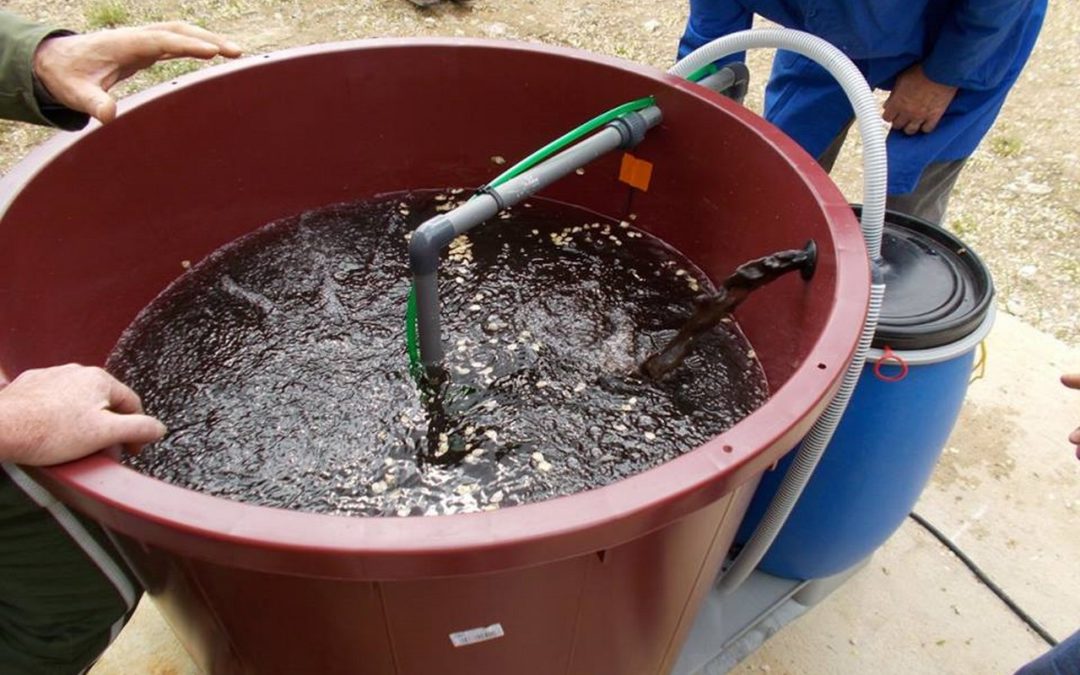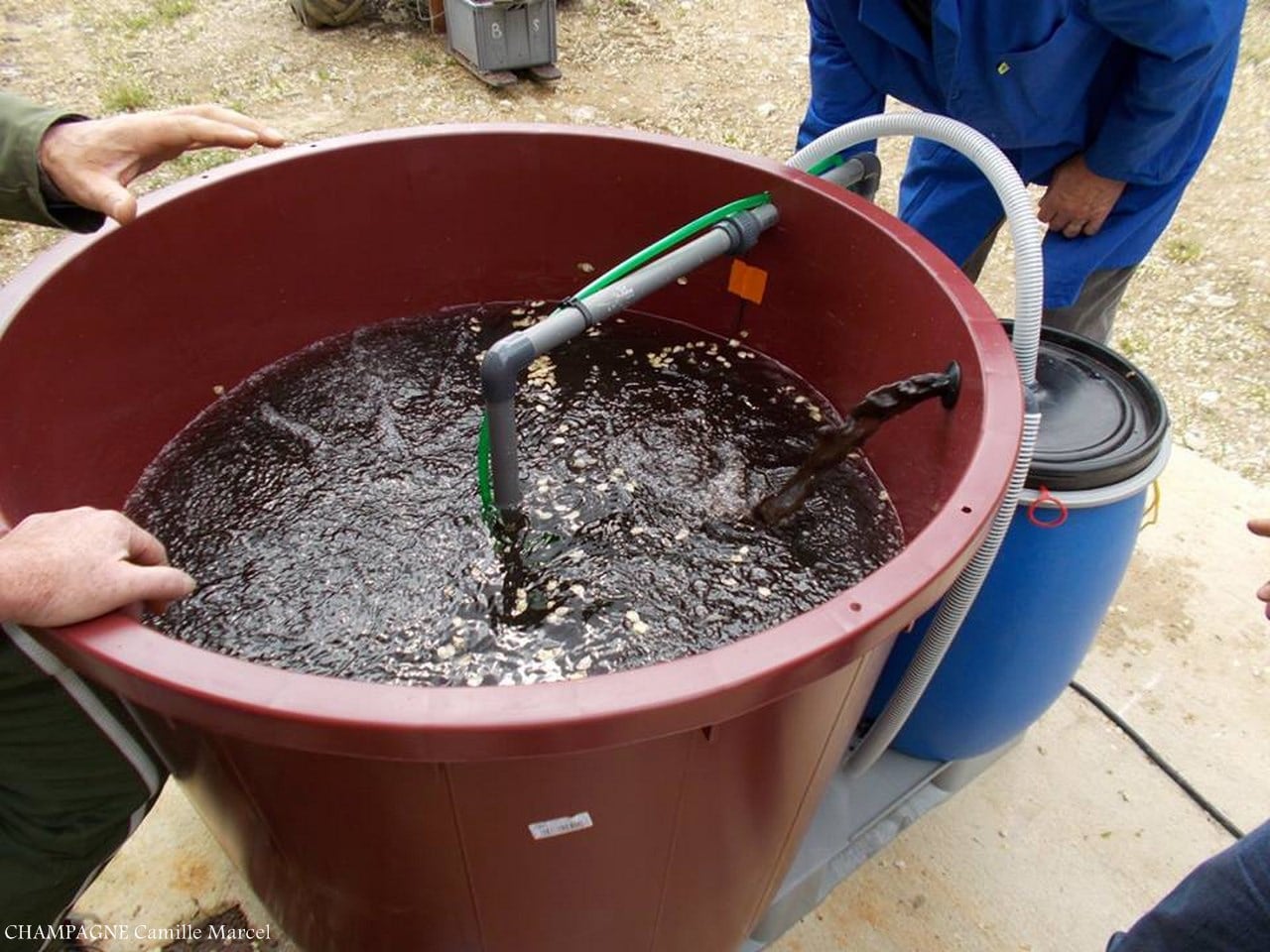
How to Brew Compost Tea

Growing organically should be the eventual goal of every grower, and brewing your own compost tea is the first step.
For most, growing “organic” is a lot easier said than done. At first it might seem like there’s a plethora of organic nutrients out there that do the same thing as synthetics. But a brand name and even a label isn’t always honest.
There are dozens of nutrients, fertilizers and other plant products that might have “organics” in the name, but this doesn’t guarantee the product itself is organic. But you can avoid a lot of the false marketing by starting your organic grow with a compost tea.
What is Compost?
If you grew up with a pile of food and vegetable scraps in the backyard, you’re already familiar with compost. Compost is simply just organic material that is combined together to produce a breeding ground for beneficial microbes and bacteria.
A healthy compost tea pulls the soluble nutrients and microorganisms from compost; this includes bacteria, fungi, protozoa, and nematodes. Nematodes do not have a life cycle that is rapid enough to increase their population in the time it takes to brew a tea.
However, bacteria, fungi, and protozoa can all increase their populations with the right foods and conditions. Once you’ve got the right mix you want for your compost, you can begin mixing your tea.
How to brew compost tea
Compost tea is literally just that, tea. Like you would brew up a cup of tea with a teabag, you’ll want to put your compost into a fine micron bag to ensure it doesn’t spill into your water while it is brewing. But before you add anything to anything, you need to make sure your water is aerated with an air pump. This is important especially if your water source is chlorinated, as aerating your water will remove it.
Once you’re ready to start brewing, you’ll want to use roughly 5 pounds of compost for every 25 gallons of water. In addition to the compost you add in, there are other beneficials you can add to enhance your compost tea.
You can add in 1–2 tablespoons of humic acid and dilute it in 2 cups of water before adding it into the tea. You can also use 1–2 tablespoons of fish hydrolysate as an alternative. Now go ahead and mix ½ cup of kelp into 5 cups of water. Once adequately mixed, add this into the compost tea for a highly nutritious punch.
Once you have all your ingredients together and your compost is in the water, all you need to do is wait. Ideally compost tea will take 24-36 hours to complete brewing. Make sure you keep an eye on the temperature of your water, as temperature is essential for the development of bacteria and fungi.
The optimum temperature for healthy compost tea is between 65-85 degree Fahrenheit.
Applying your tea
There are two popular ways to apply your compost tea to your plants. The simplest option is to use the compost tea as a soil drench, applying it during your regular feedings for optimal nutrient uptake.
The other option requires a little more gear, and that’s applying your compost tea as a foliar spray. With a sprayer you can walk the grow and spray down your plants making sure they are completely covered. Doing so can put beneficial fungi and even predatory nematodes on your leaves to protect against predators.
And that’s about it! When it comes to making compost tea, the most essential ingredient is obviously the compost. Make sure your compost is fully developed and not still breaking down the organic material within. It should look and smell like fresh soil from the earth when it is ready to use in a tea. And there is always more you can do to produce healthier, more beneficial compost.
You can also greatly simplify the brewing process by using a compost tea brewer. While these can be expensive, The Real Dirt is working with Cutting Edge Solutions to provide an incredible deal on their 15-gallon and 35-gallon brewers. When you buy a ticket to our Organic Cultivation Seminar, you can save over $500.00 on these compost tea brewers, all included with a full-day seminar on organic cultivation.
Everything from the basics of organic cultivation, to building your own organic soil and brewing compost tea efficiently will be covered at this seminar, all for an incredible price.








